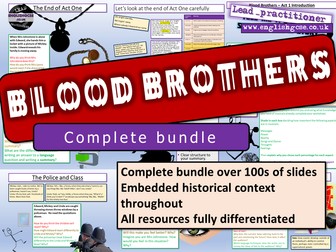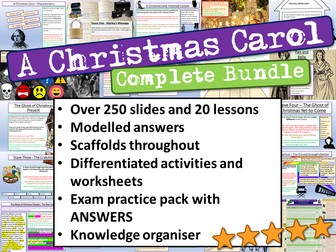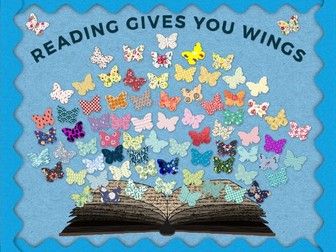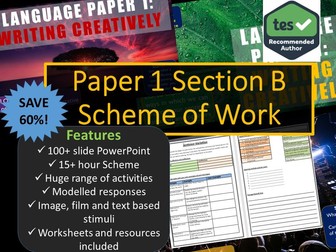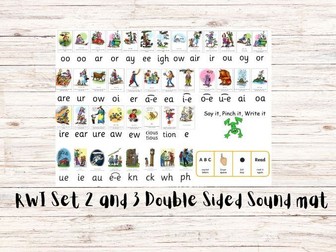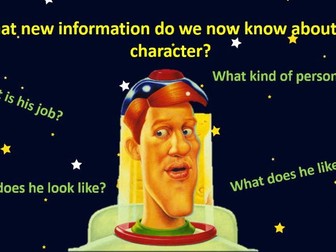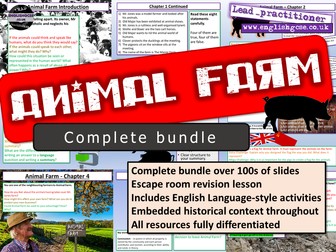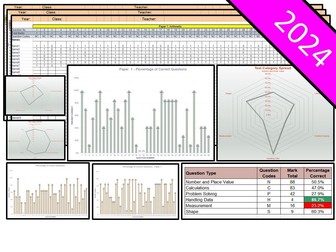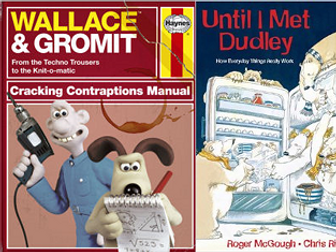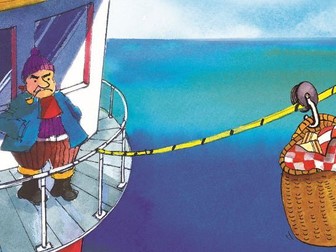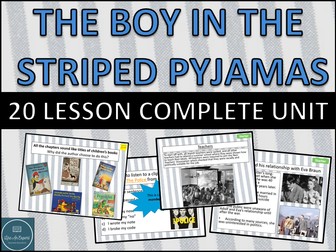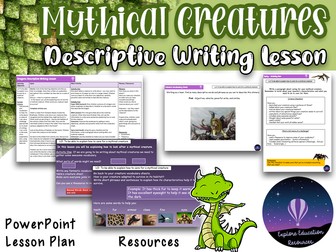Bundle

Blood Brothers
Blood Brothers complete scheme of work that includes differentiated lesson packs on Willy Russell’s drama. Includes differentiated worksheets, PowerPoints, engaging and interesting approaches to teaching and learning, models, examples, scaffolds and so much more.
Context introduction
Act 1 introduction of Mrs Johnstone
Act 1 introduction of Mrs Lyons
Act 1 Mrs Johnstone and debt
Act 1 Mrs Lyons’ jealously and Mickey and Edward introduced
Act 1 The Lyons Family
Act 1 Class and The Policeman
End of Act 1
Act 2 Beginning
Act 2 Fate and Tension
Act 2 Foreshadowing
Act 2 Unemployment
The End
Escape Room revision lesson
A perfect bundle for AQA English Literature Paper 2 and for other exam boards including Edexcel, EDUQAS, WJEC, OCR and more.
Check out our English Shop for loads more free and inexpensive KS3, KS4, KS5, Literacy and whole school resources.
AQA English Language Paper 1 and Paper 2 Knowledge Organisers
AQA English Language Paper 1 Section A package
AQA English Language Paper 1 Sections A and B package
AQA English Language Paper 1 package
AQA English Language Paper 2 Question 5 package
AQA English Language Paper 1 Question 5 package
AQA English Language Paper 2 Section A package
AQA English Language and English Literature revision package
An Inspector Calls whole scheme package
An Inspector Calls revision package
Macbeth whole scheme package
Macbeth revision package
A Christmas Carol whole scheme package
A Christmas Carol revision package
Jekyll and Hyde whole scheme package
Jekyll and Hyde revision package
Romeo and Juliet whole scheme package
Power and Conflict poetry comparing poems package
Power and Conflict poetry whole scheme package
Love and Relationships poetry whole scheme package
Unseen Poetry whole scheme package
Or check out some Citizenship GCSE, RE, PSHE + RSE resources at EC Resources
